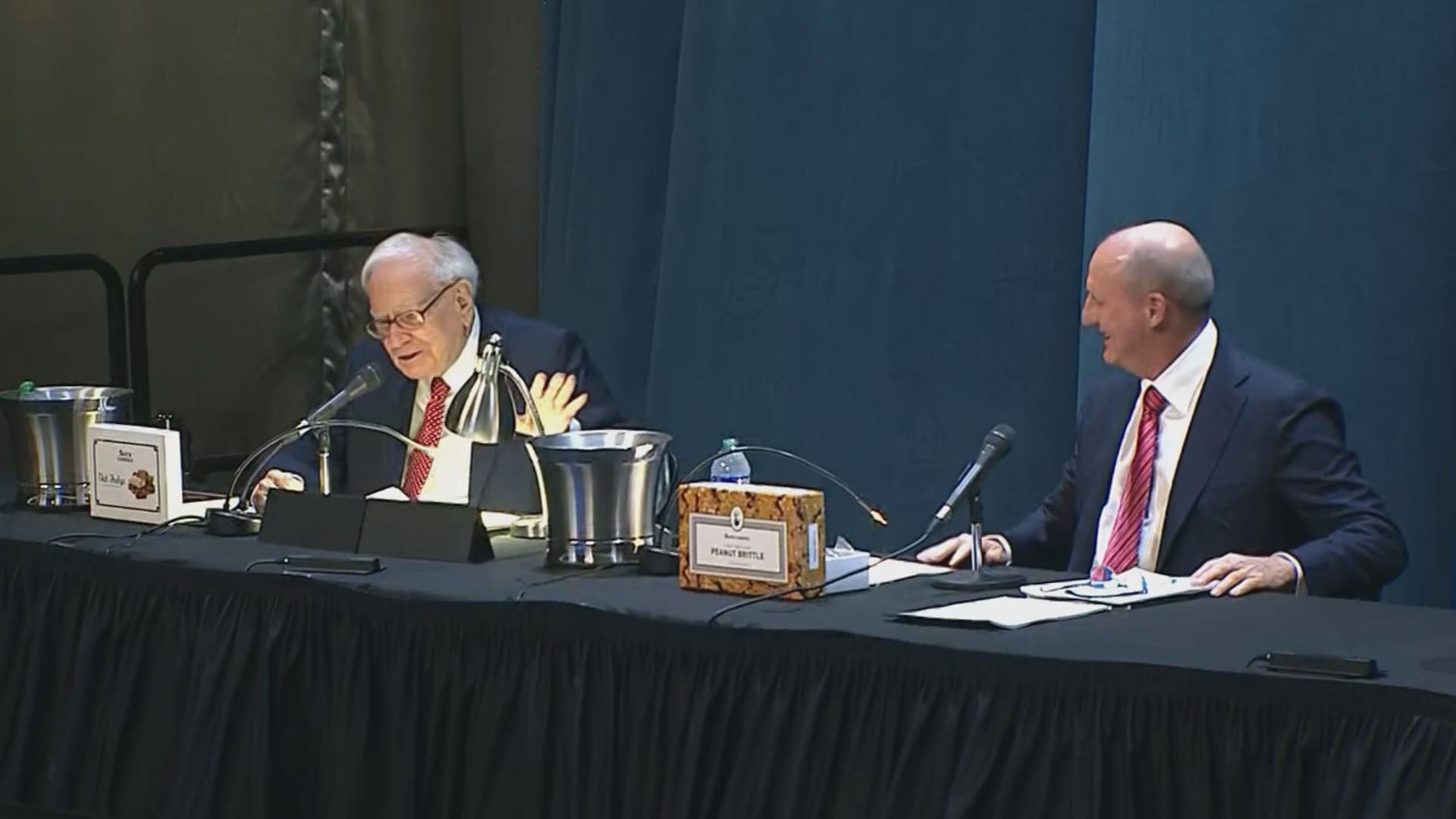* Graphic: World FX rates in 2020 tmsnrt.rs/2egbfVh
* Graphic: Trade-weighted sterling since Brexit vote tmsnrt.rs/2hwV9Hv (Updates throughout, adds comment and chart)
LONDON, April 27 (Reuters) – Sterling steadied after a weaker start on Tuesday, lacking momentum as investors waited for more concrete signs of the impact of the UK’s latest lockdown easing measures, while political developments presented only a limited downside risk.
The pound has struggled to gain impetus so far this month, as the boost from the UK’s speedy vaccine rollout – the so-called “vaccine trade” – fades. Investors are now looking for indications of how economic activity picks up after some lockdown restrictions were lifted on April 12.
British retailers reported the sharpest upturn in sales since 2018 this month as non-essential retail began to reopen, a survey showed. Separate data showed British grocery sales rose 6.5% in the four weeks to April 18, with the rollout of COVID-19 vaccinations and partial relaxation of social restrictions encouraging older shoppers to return to physical stores.
Jane Foley, head of FX strategy at Rabobank, said that such data was not enough to move sterling higher, because much of the optimism around the economy reopening is already reflected in market positioning on sterling.
For sterling to strengthen, “we’d need to see official data shining much stronger and I think that that would then have to go through into a less dovish tone from the Bank of England,” Foley said.
At 1121 GMT, the pound was up less than 0.1% against the dollar, at $1.3914. Versus the euro it was up around 0.1% at 86.825 pence per euro.
Presenting a downside risk for the pound, Prime Minister Boris Johnson is facing a stream of allegations – all of them denied – about everything from his muddled initial handling of the COVID-19 crisis to questions over who financed the redecoration of his official apartment.
“The political news hasn’t been doing the pound any favours but I don’t think it’s got the depth of international coverage yet that would really create a huge wave of upset for the pound – although it is possible that that could build,” said Rabobank’s Foley.
Foley said that the key question for market was whether the political developments could lead to the possibility of Johnson resigning, which she said looked unlikely.
Petr Krpata, chief EMEA FX and IR strategist at ING, said that the political scandals were responsible for a decline in sterling last week.
“Based on our financial fair value model, EUR/GBP currently trades 1.3% overvalued, suggesting some near-term support for sterling unless we see further allegations about the Conservative government,” he wrote in a note to clients.
Reporting by Elizabeth Howcroft, Editing by William Maclean and Catherine Evans





